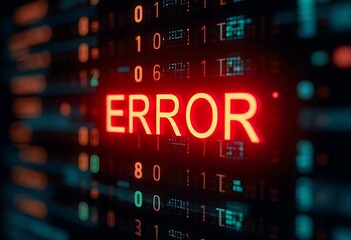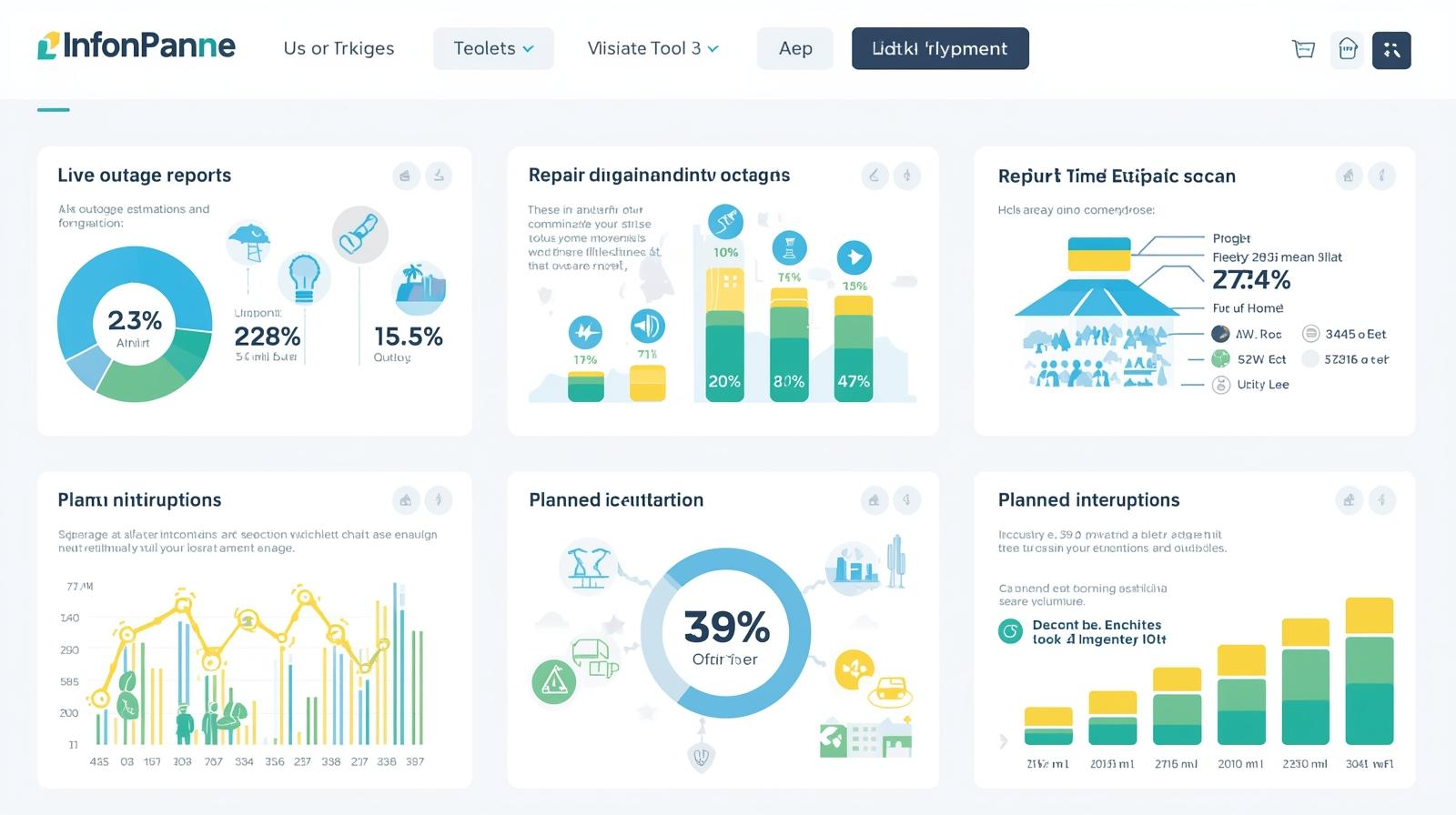Do apartments have carbon monoxide detectors? How many carbon monoxide detectors do I need? These questions and more may be swirling around in your mind when you hear about smoke and carbon monoxide detectors. You need to know how smoke and carbon monoxide detectors work to protect your home and loved ones. These devices act as your silent protectors, giving you early warnings about potential dangers.
By understanding their significance and ensuring proper maintenance, you can increase safety and prevent emergencies. Stay informed about the types of detectors available and your responsibilities in keeping them functional.
Your proactive efforts in installing and maintaining these detectors are crucial for safeguarding your property.
Detector Functions and Importance
To ensure tenant safety and property protection, you must understand how smoke and carbon monoxide detectors function and why they’re crucial. Smoke detectors alert you to potential fires by detecting smoke, while carbon monoxide detectors warn of odorless gas that can cause poisoning.
It’s vital to follow smoke detector and carbon monoxide detector requirements to enhance safety. Some states mandate carbon monoxide detectors in rental units to prevent poisoning. Understanding how many carbon monoxide detectors you need and complying with state regulations can save lives and protect your property.
Smoke Detector Information
Make sure to install smoke detectors on every level of your rental property. When it comes to safety, smoke detectors are a critical component. These detectors can save lives by alerting you to potential fires early on.
As for carbon monoxide detectors, not all apartments have them, but they’re essential for detecting this odorless gas that can be deadly. To ensure maximum safety in your rental property, consider installing both smoke and carbon monoxide detectors.
Carbon Monoxide Detector Information
Ensure that carbon monoxide detectors are installed in your rental property to protect against this deadly, odorless gas. Carbon monoxide exposure leads to 14,000 hospitalizations annually, emphasizing the critical need for these detectors.
This gas is clear and scentless, underlining the importance of having detectors for safety. Some states even require carbon monoxide detectors in rental units to prevent poisoning incidents.
Responsibilities Regarding Detectors
As a landlord, your responsibility includes installing and maintaining detectors on every level of the rental property. It’s crucial to ensure that smoke and carbon monoxide detectors are in place to protect your tenants. Replacing detectors every 10 years is recommended for optimal functionality. Tenants are responsible for battery replacement and periodic checks to ensure detectors are working effectively. Remember that tampering with detectors is illegal and should be addressed promptly.
Each state has different requirements for detectors in rental properties, so researching landlord-tenant laws in your state is essential for compliance. Installing both smoke and carbon monoxide alarms can significantly enhance tenant safety and property protection.
State Requirements and Compliance
Research landlord-tenant laws in your state to understand specific carbon monoxide detector requirements in rental properties. Each state has different regulations; some necessitate smoke alarms only, while others mandate both smoke and carbon monoxide detectors.
Complying with these laws is crucial to ensure the safety of tenants and protect your property. Installing both types of alarms can significantly enhance the safety measures in place. By staying informed about state requirements and ensuring compliance with detector installations, you contribute to a secure living environment for your tenants.
Be proactive in meeting these obligations to prioritize the well-being of those residing in your rental units.
Conclusion
In conclusion, ensuring your home is equipped with functioning smoke and carbon monoxide detectors is essential for the safety of your loved ones. By understanding the functions and importance of these devices, you can better protect your property from potential threats.
Remember to regularly maintain and test your detectors to ensure they’re working properly. Your proactive approach in safeguarding your home could ultimately save lives in the event of an emergency.
Stay safe and stay prepared.








